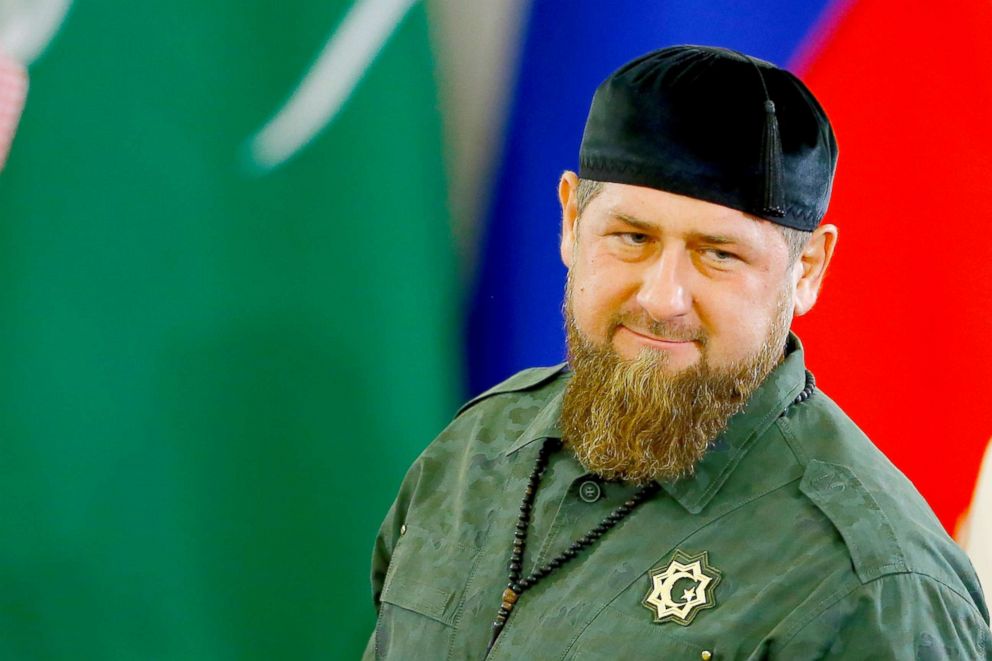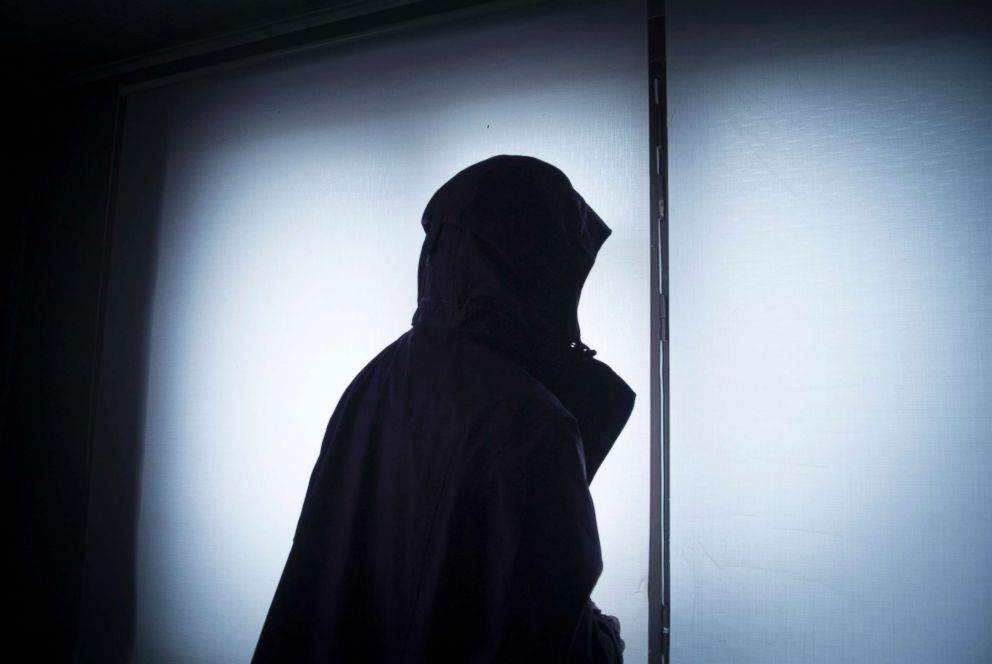Activists say they are helping people flee new anti-gay purge in Chechnya
Group fears campaign that saw dozens of gay men tortured in 2017 has restarted.
Moscow -- LGBT activists say they have begun helping people flee from the Russian republic of Chechnya amid what they claim is a new wave of detentions and torture targeting the gay community there.
The LGBT Network, a St. Petersburg-based rights group, said last week that 40 people had been detained and at least two were tortured to death in what they believe is a renewal of a campaign of terror that took place in 2017, and saw dozens of gay men kidnapped and tortured by Chechen security services.
Chechnya is a majority-Muslim autonomous republic in southern Russia, ruled by dictatorial leader Ramzan Kadyrov. In 2017, reports emerged that over 100 men suspected by authorities as gay had been rounded up and brutally tortured, setting off international condemnation and leading to U.S. sanctions against Kadyrov and some of his senior lieutenants.

The LGBT Network said in a statement it believes a new campaign of persecution that began in early December is now underway. Novaya Gazeta, the newspaper which helped expose the 2017 campaign, has said its sources also suggest a new wave of detentions.
Chechen authorities have denied the reports of the detentions, as they did in 2017. Chechnya’s minister of information, Dzhambulat Umarov last week called the allegations “utter crap” but then added homosexuality “has no place” in Chechnya. Kadyrov has previously said homosexuals don’t exist in Chechnya and said that if they do, they should leave "to purify our blood."
The LGBT Network said it helped dozens of men escape Chechnya in 2017 and 2018. In a statement on Monday, the organization said those fleeing this current purge have allowed them to build a clearer picture of the detentions and provided details of brutal treatment.
According to the group, both men and women have been swept up this time. They have described being beaten and raped using electro-shocker clubs. Men recounted being shaved, forced to wear women's clothing and to call each other by women's names, according to the group.
The organization said one detainee told them prisoners were being denied food and given dirty water after it had been used to wash the floor. The only drinking water they received was when it was time to pray, the group said.
The LGBT Network said it had now identified several sites where people were being held illegally, including a police station in Chechnya's capital, Grozny. According to the group, some of those seized are also being held in the town of Argun, which was one of the centers of the 2017 detentions.
The use of police stations, the activists said, was further evidence that the kidnappings were being carried out by members of Chechnya’s state security services.
Igor Kochetkov, LGBT Network's program director, said the group believes the new roundup began after police detained the administrator of a social media group popular among LGBT people in the North Caucasus. Security services officers then used the person's phone contacts to find new targets, according to Kochetkov.
The details being described now are similar to those from multiple testimonies from men in 2017 to news media and rights groups, which described kidnapping and torture.
A man who fled Chechnya after being tortured and then released in 2017 told ABC News then that he had been beaten with plastic rods and electrocuted. The man, who ABC News for his safety referred to by the pseudonym Dmitry, described being held in a jail with several other men and hearing them scream as they were tortured.
"They split my eye, my lip, broke my ribs, they electrocuted me," he told ABC News in April 2017.

He also described being denied food and provided with water only around prayer-times.
With the reports of new detentions, activists have blamed Russian federal authorities, saying they have failed to intervene and given Chechen authorities free rein to continue the persecution. In 2017, after heavy international condemnation, Russia launched a probe into the reports of abuses, but the investigation has since gone nowhere. Activists demanding that police act were detained in Moscow.
A report from the Organization for Security and Cooperation in Europe (OSCE) released in December found that kidnapping, torture and extrajudicial killings were regularly used by Chechen security forces and that the LGBT community had been targeted in “successive purges.” It found that there had been three “waves” of detentions beginning from December 2016 and until summer 2017, and noting new cases had continued into the fall.
The report criticized Russia, saying “Russian authorities responsible for investigating alleged crimes against LGBTI citizens persecuted in Chechnya appear not to have lived up to their responsibilities.”
The U.S. State Department last week said it was "deeply disturbed" by the new reports, calling them "credible." In a statement, it called on Russia to "live up to its international obligations" and "its own constitution."
Public attitudes to homosexuality in Chechnya are very conservative and the gay community is obliged to meet largely in secret, fearing violence even from their families. The anti-gay campaigns in the republic have emerged against a backdrop of broader efforts in Russia to stoke homophobic sentiment, as the Kremlin has promoted what it calls traditional values and painted homosexuality as a primarily Western phenomenon, linked to democracy and human rights.
Chechnya's minister for information, Dzhambulat Umarov, suggested to Radio Free Europe last week that he believed homosexuality was being imposed from outside.
“Don’t sow the seeds of sodomy in the blessed land of the Caucasus,” Umarov told Radio Free Europe. “They will not grow,” unlike in “perverted Europe,” he said.
The LBGT Network said it has helped get 150 men get out of Chechnya since March 2017, sheltering them in houses and assisting them with finding asylum. The Rainbow Railroad, a Canadian LGBTQI rights group, said it helped bring 57 people from Chechnya to Canada following the 2017 campaign.
In 2017, Dmitry who wanted to find asylum abroad, told ABC News he was terrified that Chechen security forces might find him if he stayed in Russia.
"They have very long arms and they will hound us," Dmitry said in 2017. "I have to get out of here."




